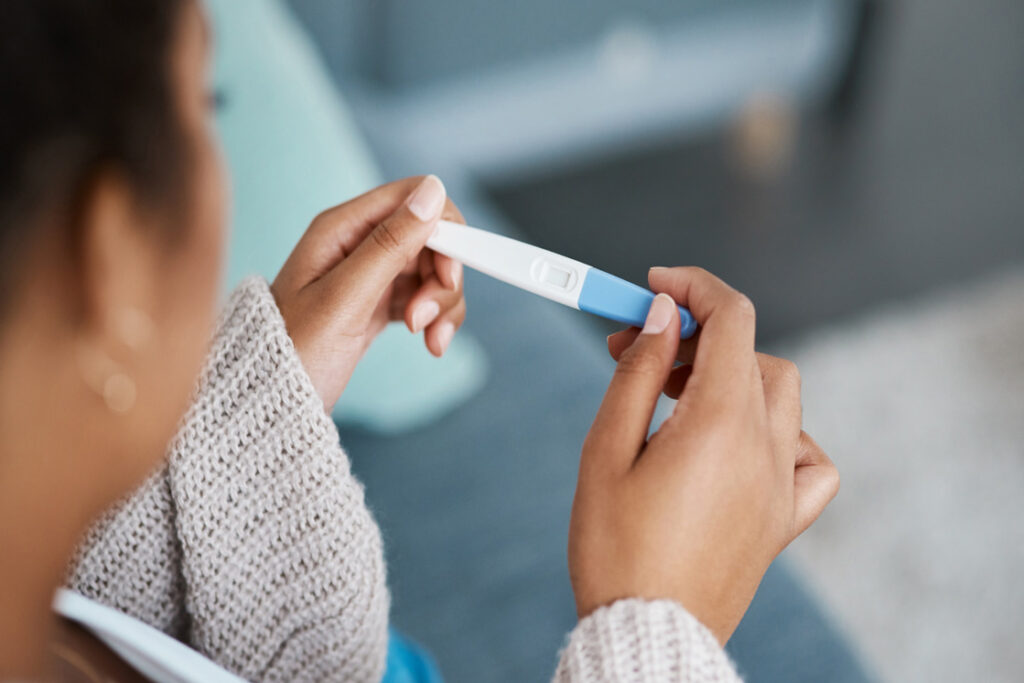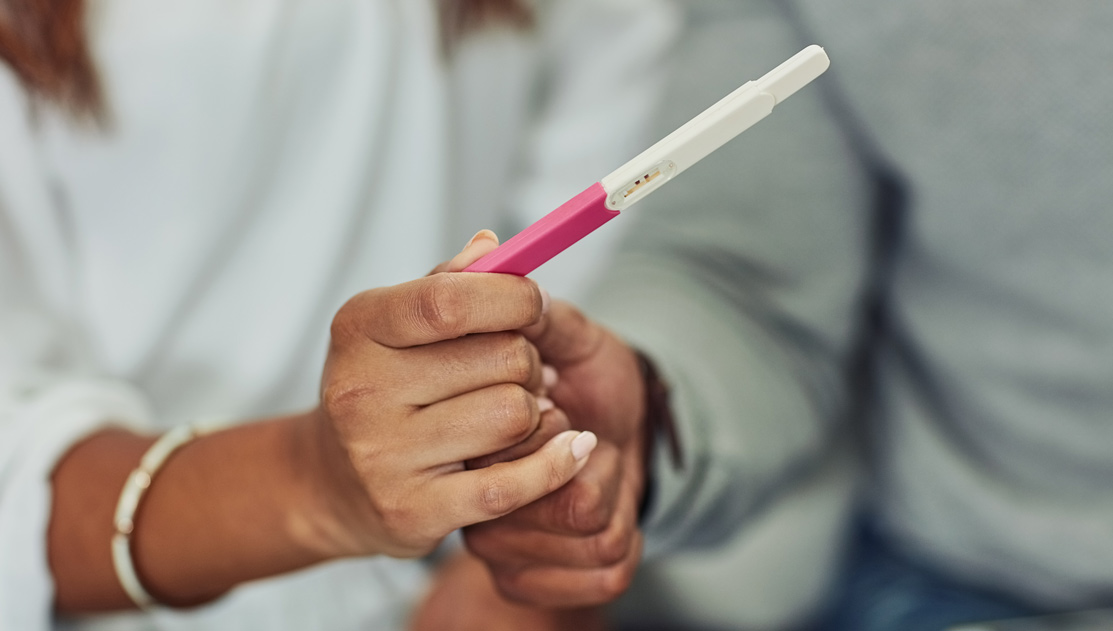Are you concerned about hormone imbalance and fertility? Whether you’ve been diagnosed with a condition like polycystic ovarian syndrome (PCOS) or have noticed period irregularities and other symptoms, it’s a concern for many women. So we’ve broken down some common Q&As regarding hormone imbalance and fertility for women.
What are hormones?
Each person has something called an endocrine system, which consists of seven glands throughout your body, such as the brain’s hypothalamus and pineal, the thyroid, and for women the ovaries. These glands make and release various hormones. Hormones are chemical messengers that manage many functions within your body by carrying signals via the blood to your muscles, organs and other tissue.
What is a hormonal imbalance?
A hormonal imbalance occurs when your body has too little or too much of one or more hormones. As explained above, hormones are chemical messengers that manage many of your body’s functions by carrying signals via your blood to skin, organs, muscles and other tissue. Hormones frequently affect one another, so an imbalance of one hormone can create a domino effect on others. For example, LH production – which leads to ovulation – is stimulated by a surge in oestrogen.
Which hormones have an impact on fertility?
Of course, as explained above, many different hormones influence each other. But there are a number of key female fertility hormones. Let’s look at them:
Follicle-Stimulating Hormone (FSH): FSH is created in the brain by the pituitary gland and is central to the menstrual cycle and female fertility. Your ovaries contain follicles – little fluid-filled sacs that hold immature eggs. In conjunction with Luteinising Hormone (LH), FSH triggers the growth of ovarian follicles before ovulation. FSH also helps increase the production of oestradiol, a kind of oestrogen which is crucial to the menstrual cycle and fertility (see below).
Anti-Mullerian Hormone (AMH): AMH is created by the ovarian follicles and its key role is to help sustain the immature eggs. Hence, the measurement of AMH levels is one of the key tools fertility science has to estimate the amount of eggs a woman has left. Low AMH levels could mean a woman has few eggs remaining. On the other hand, AMH levels that are very high can signal polycystic ovarian syndrome (PCOS).
Luteinising Hormone (LH): Luteinising Hormone (LH) helps to regulate the menstrual cycle. It is also generated and secreted by the brain’s pituitary gland and is crucial to ovarian function, stimulating the release of an egg from the ovaries (ovulation). In women, an imbalance of LH can cause a number of issues including menstrual problems and infertility.
Oestradiol (Oestrogen): Oestradiol is a kind of oestrogen generated by the ovaries, which helps facilitate healthy ovulation, as well as conception and pregnancy.
Throughout your menstrual cycle, your oestrogen levels naturally climb, helping the development of an egg and then facilitating the release of that egg from the ovaries where it can then be fertilised by sperm. Oestrogen also facilitates pregnancy by thickening the womb lining, enabling a fertilised egg to implant and mature.
If oestrogen levels are too low, a woman may experience irregular periods or even a lack of ovulation altogether. However if oestrogen levels are too high, the window for egg fertilisation (when the womb is in its ‘ideal state’ for conception) may be shorter.
Progesterone: Progesterone is crucial to a woman’s menstrual cycle and ability to carry a baby. When the ovaries release an egg, the corpus luteum (a temporary gland created in the ovaries after ovulation) generates progesterone. The progesterone prevents the endometrium (the inner lining of the womb) from developing further, and readies the womb for a possible implantation of a fertilised egg. If no egg fertilisation occurs, then the corpus luteum will disintegrate and progesterone levels will decrease. But if conception happens, progesterone levels will keep climbing. The placenta will develop and become the primary supply of progesterone throughout the pregnancy, crucial to supporting it.
Progesterone levels that are too low can lead to irregular periods and problems getting pregnant, as well as an elevated risk of miscarriage. However, high progesterone levels can prevent a woman from ovulating.
Thyroid hormones: There are many hormones created by the thyroid gland (in the base of the neck). Hormones like T3 and T4 help regulate the function of the reproductive system including the uterus and ovaries.
Prolactin: Most famous for its role in the creation of breast milk, prolactin is also crucial to fertility. Abnormal levels of prolactin can lead to menstrual cycle irregularity and problems with ovulation.
How does hormonal imbalance affect fertility?
As you can probably tell by this point, many hormones play a crucial role in fertility, and hormones work together in a delicately balanced system, meaning an imbalance of one can create disproportion in others. It’s easy then to see the link between a hormone imbalance and fertility issues.
Two of the most frequently occurring fertility problems associated with hormonal imbalance are:
- Ovulatory dysfunction: Several hormone-associated abnormalities, including thyroid hormone problems and polycystic ovary syndrome (PCOS) can interrupt ovulation regularity or stop it completely. Untreated ovulation problems make conception difficult or impossible because pregnancy depends upon an egg ready to be fertilised.
- Short luteal phase: the luteal phase immediately precedes ovulation and its length is regulated by the release of progesterone, the hormone that also helps to strengthen the womb lining. The average length for the luteal phase is two weeks. A luteal phase shorter than ten days can mean not enough time for a fertilised egg to implant in the womb, precluding pregnancy.
Symptoms of hormone problems
If you are worried about hormone imbalance and fertility, it helps to know the symptoms of hormone imbalance. Women with a hormone imbalance may experience symptoms including:
- Irregular periods
- Spotting/bleeding between periods
- Male pattern body hair (for example facial hair and/or a lot of hair on places like the back)
- Acne
- Unexplained gaining of weight
- Hair loss on the head
- Pronounced mood swings
“It’s hazardous to self-diagnose though,” says Dr Anu Chawla, fertility specialist on The Fertility and Gynaecology Academy team. “Some women with a hormone imbalance don’t notice any symptoms but most will experience some.”
As we always say at The Fertility and Gynaecology Academy, time is fertility. Age is still the biggest fertility factor so the sooner you get to grips with any problem, the closer you are to achieving your dream of a baby.
“Remember, most women with hormone imbalances can get pregnant with the right fertility treatment,” Dr Chawla adds. “So don’t panic. The crucial thing is, when in doubt, get checked out.”
Based in central London, The Fertility and Gynaecology Academy is home to the most state of the art technology in the industry and some of Britain’s best fertility doctors. If you are concerned about hormone imbalance and fertility, call us for a consultation on 020 7224 1880.







